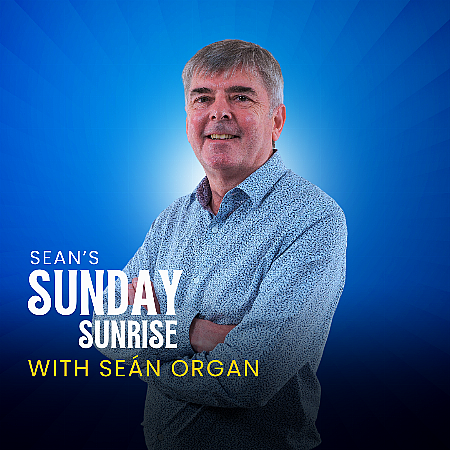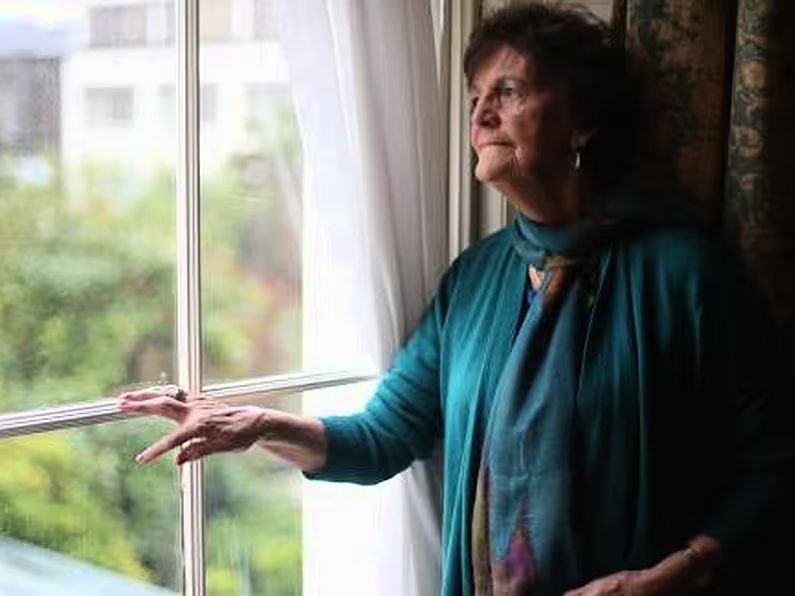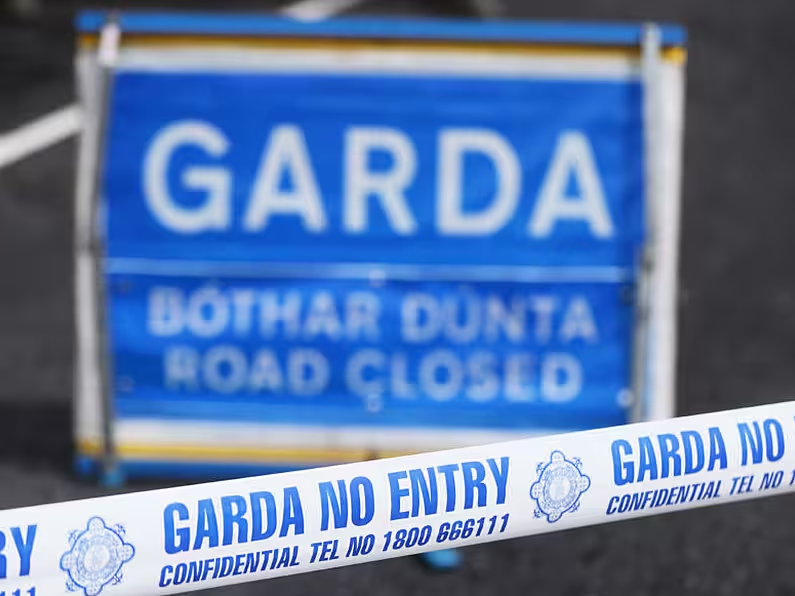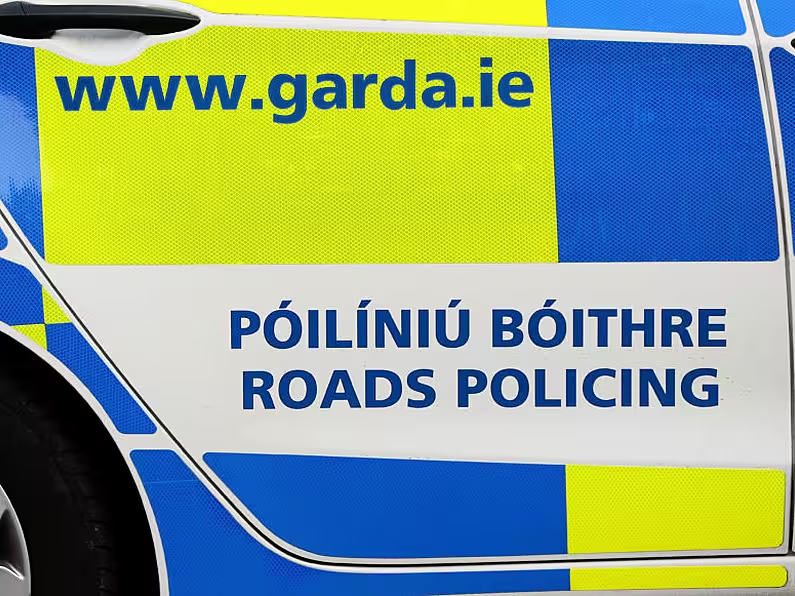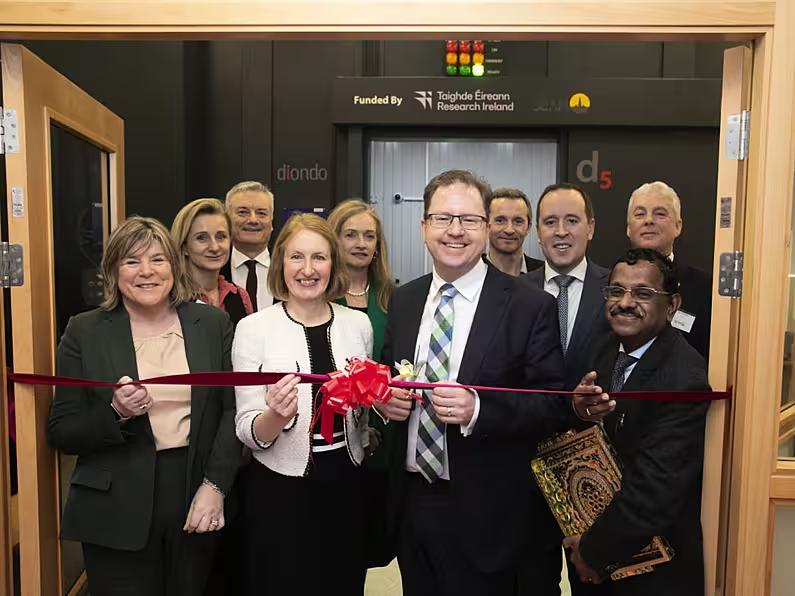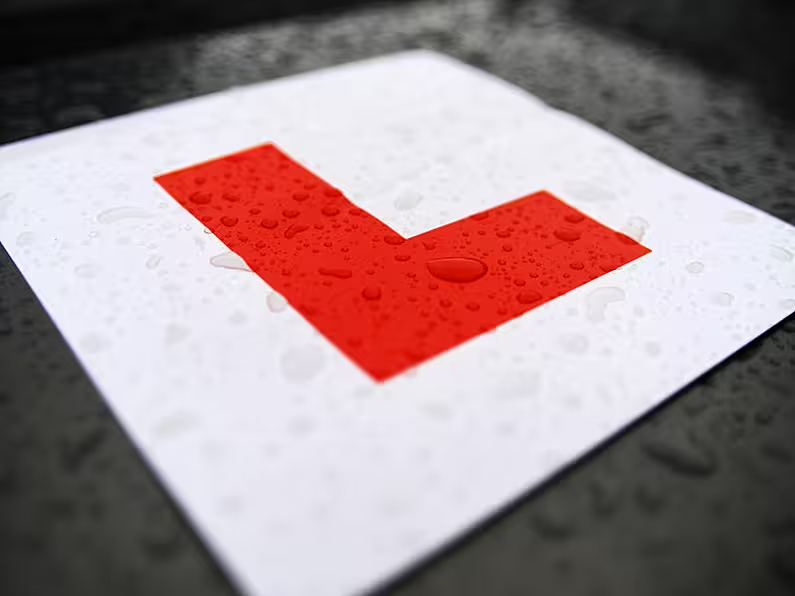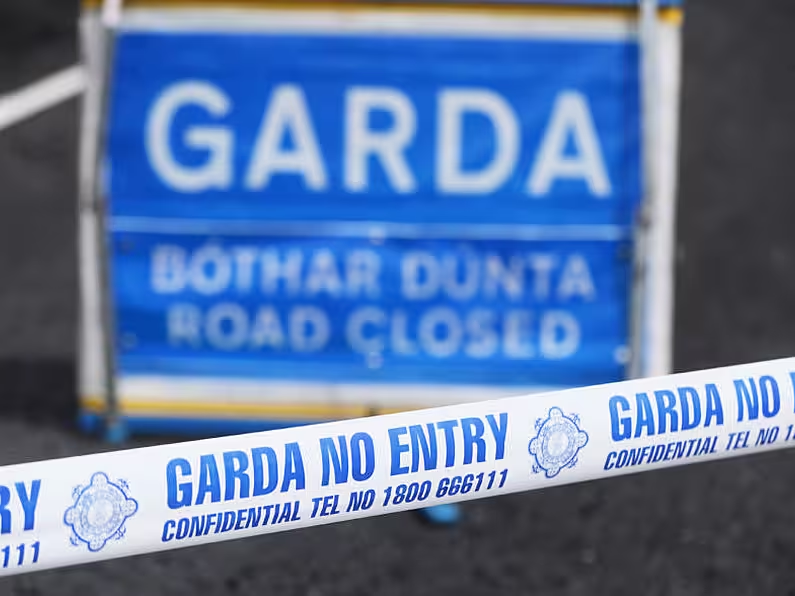An action by retired nurse Philomena Lee is one of two ‘lead’ challenges to the final report of the Commission of Investigation into Mother and Baby Homes fixed for hearing later this year.
When eight challenges were before the High Court's Mr Justice Garrett Simons for case management on Tuesday, he said he would hear two lead challenges in either late October or November.
The lead cases are by Ms Lee (88), who lives in England, and by Galway-based Mary Harney (72), both former residents of mother and baby homes.
The exact hearing date will be fixed after lawyers have liaised concerning the most suitable date.
The lead cases will address a core claim in all of the cases concerning the ambit of section 34 of the Commission of Investigation Act 2004. The applicants claim section 34 required they, as persons unnamed but allegedly identifiable in the commission’s final report, be given the commission’s draft report and the opportunity to make submissions on that.
Fundamental rights
It is claimed the failure to do that breaches section 34 and the fundamental rights of the applicants under the Constitution and European Convention on Human Rights.
Mr Justice Simons previously suggested it might be helpful to all applicants to identify lead cases and the sides had been in contact about that in recent weeks.
On Tuesday, he was told by Michael Lynn SC, for three applicants, that lawyers for the eight applicants had identified three cases as possible lead cases.
Siobhán Phelan SC, for five applicants, outlined there was an outstanding discovery issue in one of the suggested lead cases, that of Mari Steed, and she could not say that was ready to proceed.
Counsel indicated the discovery issue relates to section 12 of the Act, concerning the power of the Commission to make a decision to share information with a person who has given evidence to it.
October or November
David Fennelly BL, for the State respondents, said it would not be possible to agree discovery in the Steed case and a discovery motion would have to be brought by the applicant.
Mr Fennelly added his side would need time to consider a range of affidavits received in the proceedings. The legal issues “are not straightforward”, he said.
The judge decided that the Lee and Harney cases would be heard over two days in either late October or November. That hearing will immediately be followed by the hearing of the discovery application in the Steed case, he said.
The challenges are against the Minister for Children, the Government, Ireland and the Attorney General. They involve claims the commission’s final report does not accurately reflect the applicants evidence to it and breaches their rights to fair procedures and natural and constitutional justice. As well as the core claim concerning section 34, other issues raised include concerns about the nature of a redress scheme and the constitutionality of provisions of the 2004 Act.
Anonymity order
Orders preventing identification of some of the applicants have been made.
An anonymity order was not sought in the case by Ms Lee who was sent to the Sean Ross Abbey Mother and Baby Home in Roscrea, Co Tipperary, when she became pregnant aged 18. When her son was aged three, he was sent for adoption by a US couple. Her life was the subject of a book 'The Lost Child of Philomena Lee' by Martin Sixsmith, and a film, ‘Philomena’, directed by Stephen Frears and starring Judi Dench.
Her solicitor Wendy Lyon, of Abbey Law, said in an affidavit the Commission’s findings included that there was "no evidence" for the opinion of some women their consent to adoption was not full, free and informed. Ms Lee’s evidence was that she was not given any time to consider a document which she was told to sign and which relinquished her rights to her son, Ms Lyon said.
Mary Harney, born in the Bessborough Home in Cork in 1949, claims she is readily identifiable in the Commission’s report and was thus entitled to an opportunity to make submissions on the findings concerning her in the draft report. Had she had that opportunity, she could have said the Commission should not have omitted evidence she gave to it of abuse and neglect while boarded out between 1951 and 1954, she claims.
Mari Steed, of Virginia, US, born in the Bessborough Mother and Baby Home, Cork, in 1960 and adopted by an American family in 1961, claims her rights were damaged by being subject to the Quadrivax vaccine trial while in Bessborough. She says she was entitled to an opportunity to address the commission’s finding there was no evidence of injury to the relevant children as a result of the vaccines.


